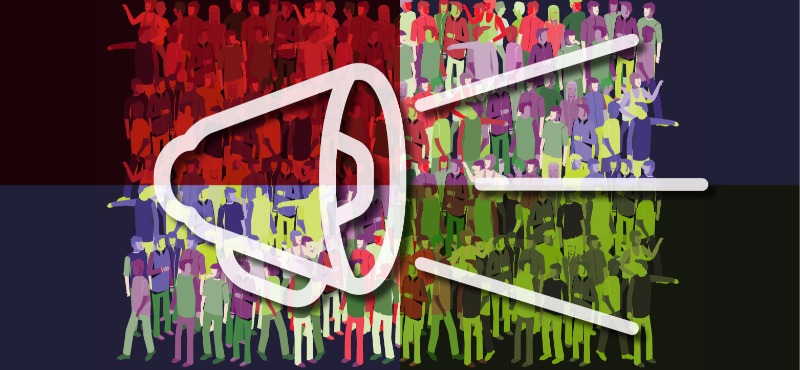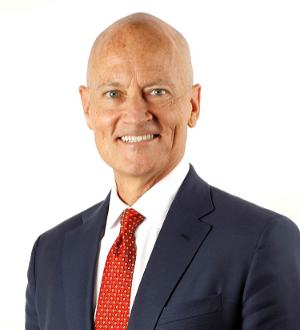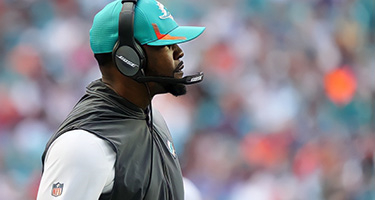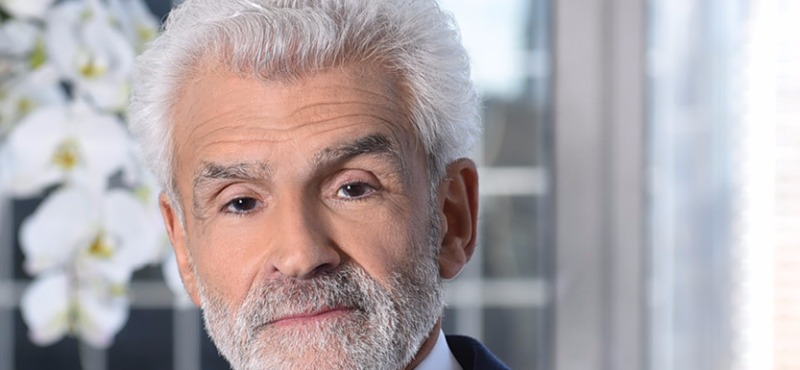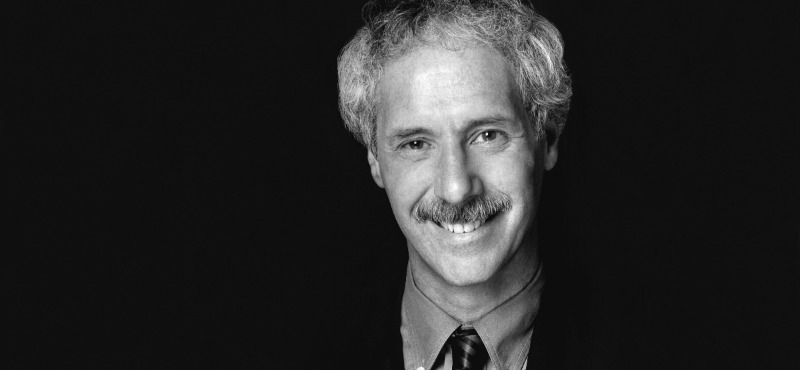Last month we observed the ugly truth that racial bigotry persists in our country. The disturbing events in Charlottesville on August 5, 2017, compel the topic of this article.
As long as an employee is participating in some form of “concerted activities for the purpose of collective bargaining or other mutual aid or protection,” 29 U.S.C §157 (Section 7), they may not be disciplined (much less fired) for spewing racially derogatory insults at others, including co-workers. The board elevates employees’ Section 7 rights over both their employers’ obligation to eliminate bigotry in their workplaces and the coworkers’ rights under Title VII of the Civil Rights Act of 1964 to work in an environment free from racial hostility. Federal appellate courts have become complicit in the board’s protection of bigotry by adhering to the Supreme Court’s ruling in Lechmere, Inc. v. NLRB, 502 U.S. 527 (1992), requiring judicial deference to the board’s interpretation of the National Labor Relations Act (NLRA), including Section 7. Just three days after the sickening events in Charlottesville, an appellate court again permitted the board to tolerate racial bigotry in the interest of an expansive view of Section 7. Cooper Tire & Rubber Co. v. NLRB, No. 16-2721 (8th Cir. Aug. 8, 2017).
Cooper Tire fired Anthony Runion because he hurled racially derogatory insults at African-American replacement workers as they passed the picket line on which Runion participated. After Runion’s first racial insult, and prior to his second, another voice from the picket line yelled more racial insults at the replacement workers.
Runion’s union filed a grievance, arguing that the employer lacked sufficient cause to fire Runion. The labor arbitrator selected by the parties denied the grievance, concluding that the employer had “just cause” to terminate Runion’s employment due to the racial insults he shouted at the replacement workers. The union tried again by filing an unfair labor practice charge with the NLRB. The board concluded that Runion’s racial taunts from the picket line were protected by Section 7, and the employer therefore violated the NLRA by firing Runion. The board ordered Cooper Tire to reinstate Runion and pay him back wages. The employer appealed to the Eighth Circuit Court of Appeals.
In a 2:1 decision, the appellate court deferred to the board’s decision and affirmed it. The majority cited as support a 2006 decision in which the board reinstated, with back pay, an individual fired for racially offensive conduct on a picket line. In that case, as African-American replacement workers passed the picket line, the picketer advanced toward them with both middle fingers extended and screamed racial slurs. The board concluded that this behavior was protected by Section 7, and therefore the employer violated the NLRA by firing the vulgar bigot in Airo Die Casting, Inc., 347 NLRB 810 (2006).
The dissenting judge in Cooper Tire urges a rebalancing of workplace rights. Circuit Judge C. Arlen Beam explained that the law should not favor a bigot’s Section 7 rights over the Title VII rights of others to work in an environment free from racial hostility. In fact, Judge Beam argues that the proper interpretation of the NLRA compels the conclusion that the act does not protect behaviors that reflect racial bigotry.
Race continues to be a volatile and important issue in our country. In our workplaces, we need to consider the dissenting opinion of Judge Beam and rebalance the protectable interests in a manner that allows employers to eliminate racial bigotry, even when it is manifested as part of some “concerted activities for the purpose of collective bargaining or other mutual aid or protection.” Although the events of Charlottesville remind us we still have a ways to go, our society is much different than it was in 1935 when Section 7 was born.
Perhaps the newly constituted board will agree. But as we wait to find out, employers must look both ways and proceed with caution because the intersection of racial bigotry and labor law rights is still dangerous.
----------------------------
Bernard Bobber is a shareholder in the Milwaukee office of Ogletree Deakins and proud alumnus of Northwestern University School of Law. “Bud” counsels and defends employers on both traditional labor law and general employment law issues. His litigation practice focuses on restrictive covenant disputes and class action cases, often involving claims that implicate collective bargaining such as retiree medical benefits litigation and wage/hour claims asserted on behalf employees covered by a labor contract that overlaps the statutory claims.
